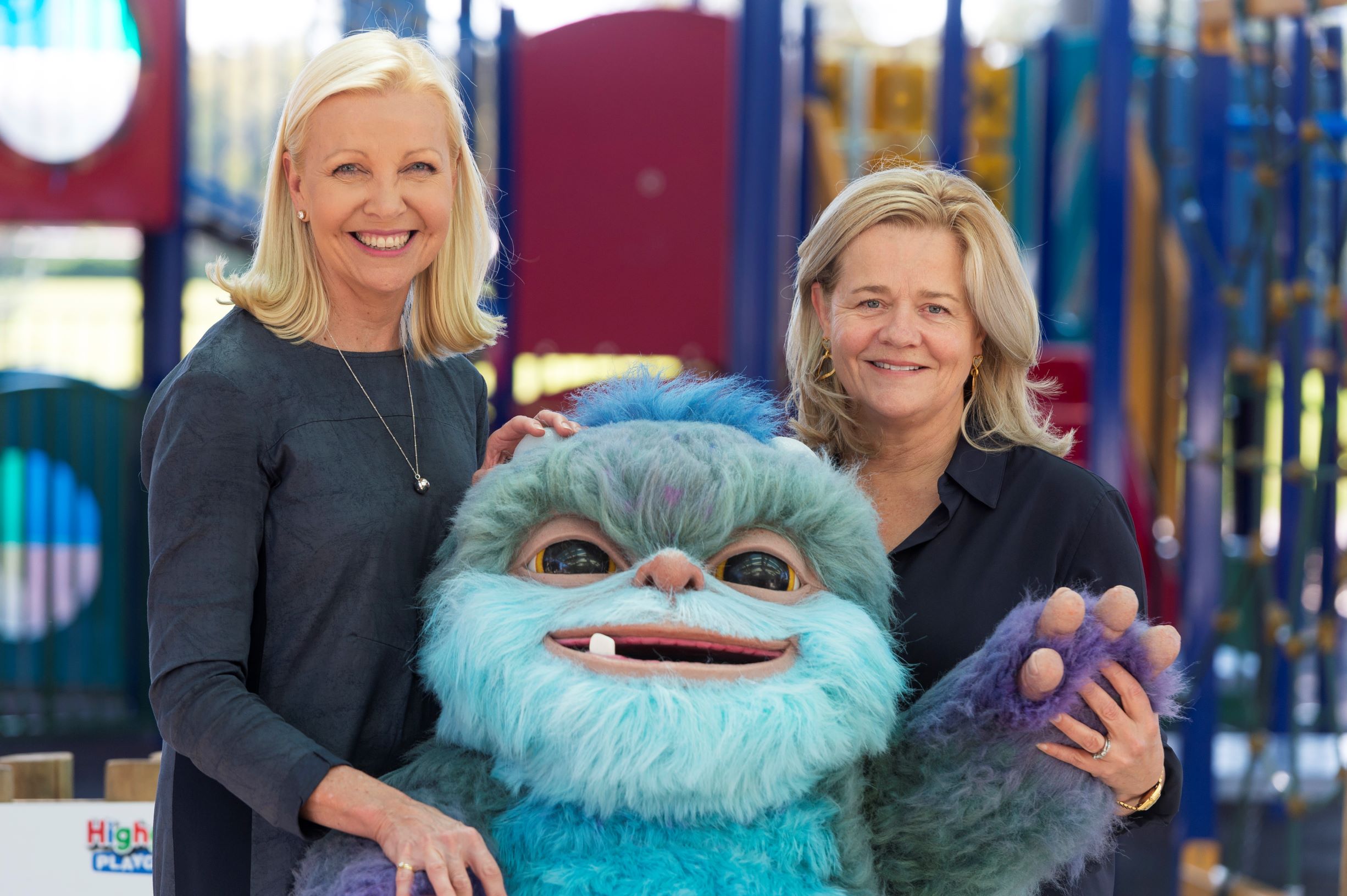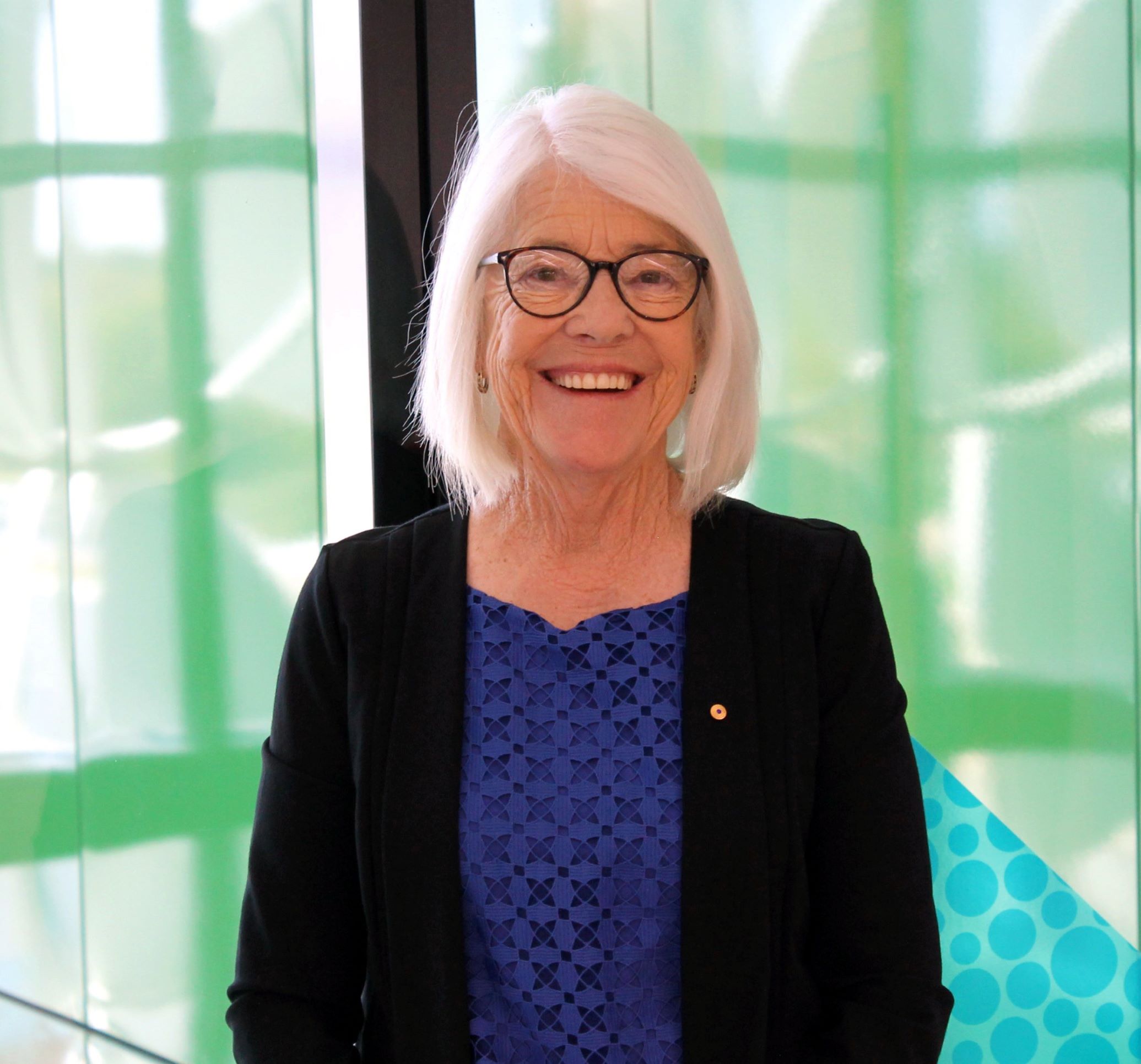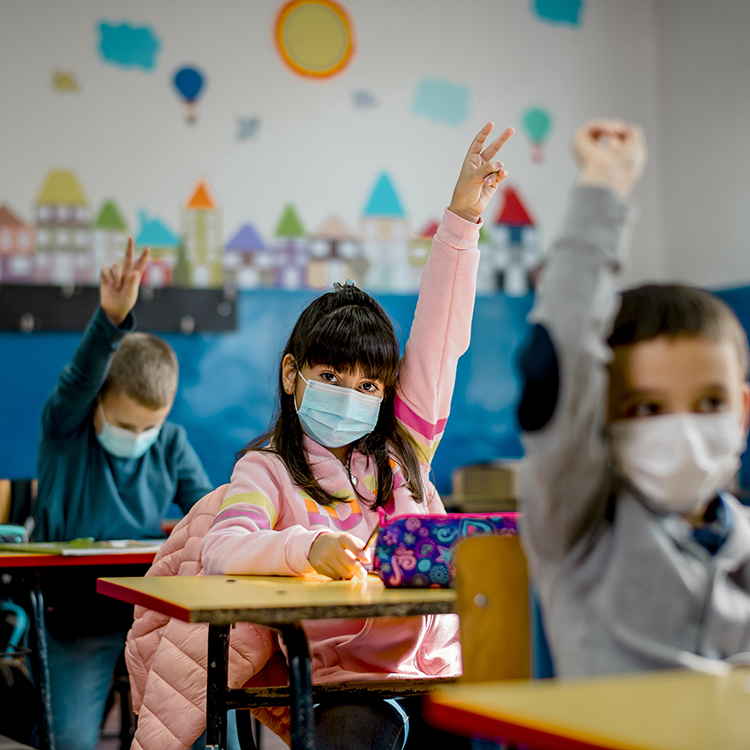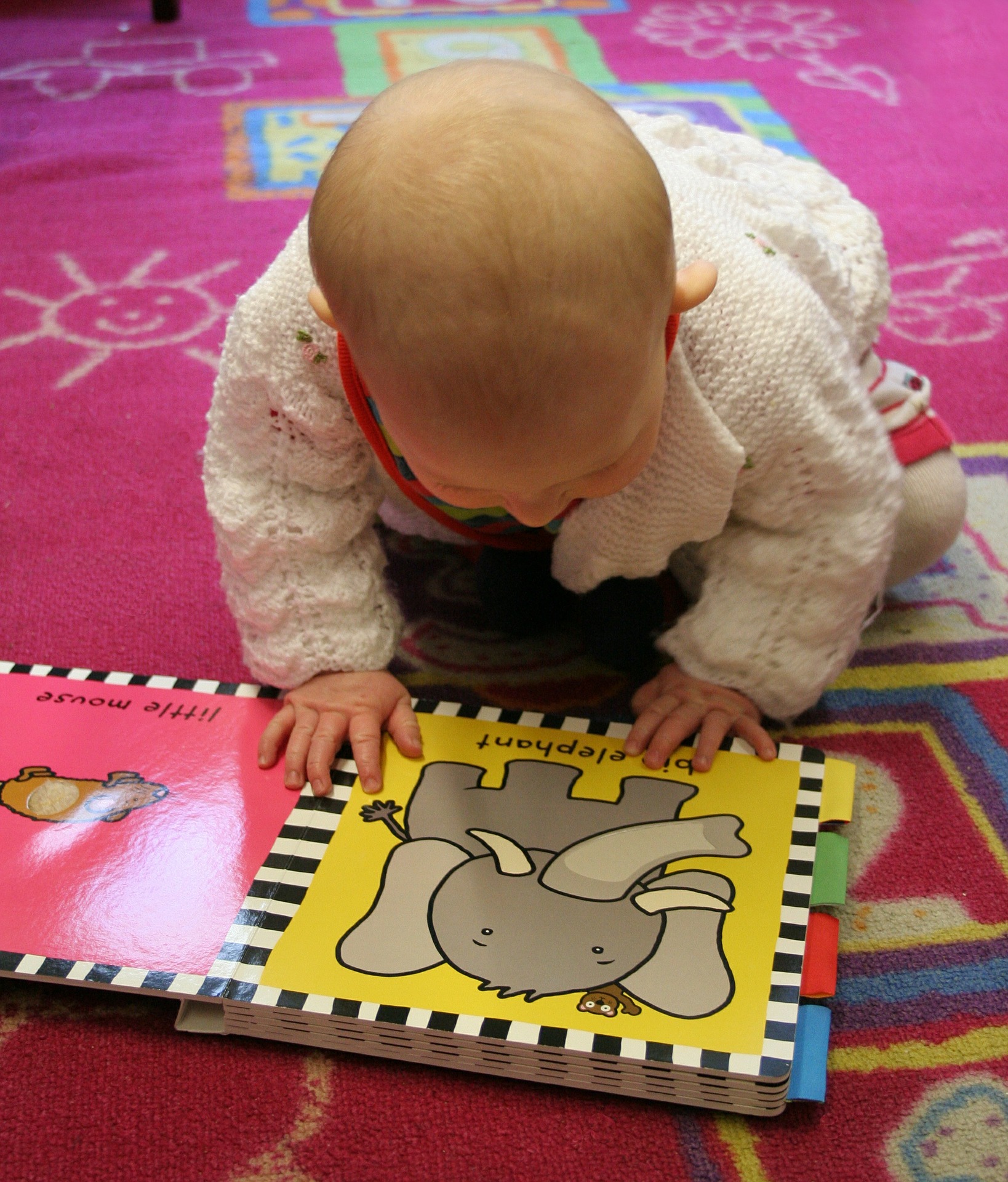Search
Research
What Do Food Business Owners and Managers Think About Enhancing the Nutritional Quality of Kids' Menus in Sit-Down Eating-Out-of-Home Venues?As the frequency of eating out-of-home among Australian families increases, concerns have arisen regarding the nutritional quality of Kids' Menus. This study investigated the views of food business owners and managers on Kids' Menus at sit-down venues, specifically factors influencing the choice of meals offered on Kids' Menus and potential initiatives for enhancing the nutritional quality of these menus.

A comprehensive app produced by The Kids researchers has offered parents a lifeline as they try to cope with the isolation and disruption caused by coronavirus.

A legal change fought for by The Kids, consumer advocates, and others within the health sector – and hastened by the COVID-19 crisis – has brought WA into line with the rest of Australia, allowing critically ill or incapacitated patients access to potentially life-saving clinical trials.

For children with Austin Spectrum Disorder (ASD), it can be hard to enjoy the simple pleasures of art, but the development of an ASD guide is helping to share the wonders of art with all.

The Kids Research Institute Australia answers all of your questions about vaccines and children

Research
MeaslesMeasles is a highly contagious infectious disease that can cause severe, long-term complications in children.
Research
CyberbullyingCyberbullying is a form of online harassment, where the bullying is carried out through the use of modern technology.
Research
Clinical utility of the parent listening and understanding measure (PLUM) for Aboriginal and/or Torres Strait Islander and non-Aboriginal children with otitis media living in urban areasThis study evaluated the clinical utility of the Parent Listening and Understanding Measure (PLUM) questionnaire as a potential screening tool for otitis media (OM) and associated hearing loss in Aboriginal and/or Torres Strait Islander and non-Aboriginal children.
Research
Therapeutic development to accelerate malaria control through intentional intervention layeringThe clinical development of novel vaccines, injectable therapeutics, and oral chemoprevention drugs has the potential to deliver significant advancements in the prevention of Plasmodium falciparum malaria. These innovations could support regions in accelerating malaria control, transforming existing intervention packages by supplementing interventions with imperfect effectiveness or offering an entirely new tool.
Research
A roadmap for understanding sulfadoxine-pyrimethamine in malaria chemopreventionMelissa Penny PhD, PD, BSc (Hons) Professor Fiona Stanley Chair in Child Health Research melissa.penny@thekids.org.au Professor Fiona Stanley Chair
